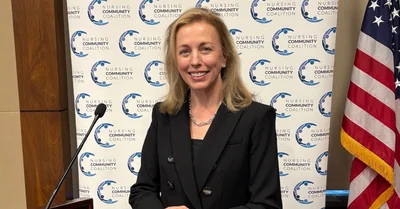The U.S. Environmental Protection Agency (EPA) has announced that Jackson Public Schools in Mississippi will receive $5,383,868 to acquire 15 zero-emission vehicles as part of the Clean Heavy-Duty Vehicles Grant Program. This initiative, launched under President Biden’s Inflation Reduction Act, aims to replace internal combustion engine heavy-duty vehicles with zero-emission alternatives while supporting clean vehicle infrastructure and workforce training.
Jackson Public Schools will replace 15 diesel school buses with electric ones and install ten charging stations as part of its Bus Replacement Project. EPA Administrator Michael S. Regan emphasized the program's role in "accelerating American leadership in developing clean technologies" and its benefits for air quality and job creation.
Jeaneanne Gettle, acting Regional Administrator for EPA’s Southeast Region, highlighted that eight selectees across six states would benefit from this funding, focusing on areas with poor air quality. At least $400 million will target communities designated as nonattainment areas due to persistent air pollution levels.
Representative Bennie Thompson expressed pride in the investment, noting it reflects the administration's commitment to cleaner air and a sustainable future. Across the U.S., over three million Class 6 and Class 7 vehicles are in use, many emitting high levels of pollutants linked to health issues such as respiratory diseases.
The Clean Heavy-Duty Vehicles Grant Program plans to replace older vehicles with zero-emission options like battery-electric trucks and buses while funding charging infrastructure and workforce development. The initiative aligns with the Biden-Harris Administration’s goals for transportation decarbonization and supports the Justice40 Initiative by prioritizing disadvantaged communities facing air quality challenges.
EPA expects to finalize awards by early 2025 after completing legal and administrative requirements. More information can be found on their website or through their listserv.





